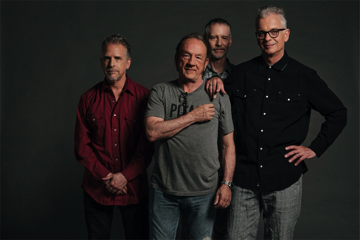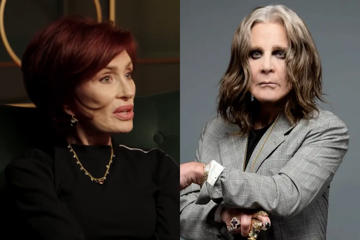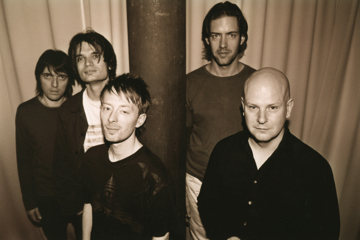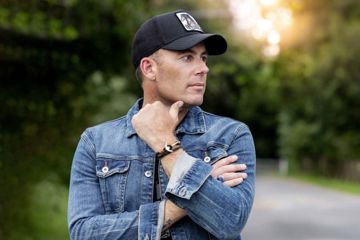The Pop View
Burnt out from her last record, Blackman's new release was more about fun

The task singer, songwriter and multi-instrumentalist Bertie Blackman set herself on her last album, 2012’s Pope Innocent X, was an examination of her relationship with her father, the late and celebrated Australian painter Charles Blackman; an intense experience to say the least and one that consumed two years, coming out of it, Blackman felt she needed to recharge the creative batteries with a project a whole lot more fun.
“Working with (producer) Francois Tatez,” she explains, “was a very complex experience. He likes to get in and really know you and what you’re about and what the songs mean, and I spent, like, a year in a room with him just talking about the songs and then writing more songs. So I took a breather for six months before I could really write anything else again and then I really wanted to do a bit of an opposite process and just write whatever came to me and finish it on the spot. I wanted to explore whether that process would work for me, whether I could write a song and finish and produce it and everything with the co-writers in two days, which I think brings a bit of a freshness and an airiness to the record.”
The result is her fifth album, The Dash, a very spontaneous collection in a way that draws on the music of her childhood, as played by her bohemian mother Genevieve de Couvreur.
“I grew up in Australia in the ‘80s and hanging out with mum, who was wearing full-length hand-knitted flouro dresses and having really cool parties playing music really loud, as an eight year old, life was really good. So I thought, why don’t I start there and go where the music takes me.”
Don't miss a beat with our FREE daily newsletter
In another first for Blackman, she decided to try writing with other songwriters, among them Julian Hamilton from The Presets; Louis Schoorl, who has worked with Daniel Johns and 360; and John Castle, who has worked with Megan Washington.
“I definitely learned about pop song structure,” she admits. “Sitting in a room and working with someone who understands music keys and what chord goes better next to that chord and all that kind of stuff, for me I don’t think about music in that way. For me I just hear it and it comes out, so it was interesting being around people who work in that world.”
Inevitably though, in there amongst the chirpy ‘80s synths and pop, the lead guitar-wielding indie-rock chick still comes through, in the track Darker Days. “Yeah, it always does. As much as I was actually trying to show a bit of a different side of me on this record, it always kind of slips through, and usually it’s that one that’s my favourite song. It’s a very Bertie song!”







